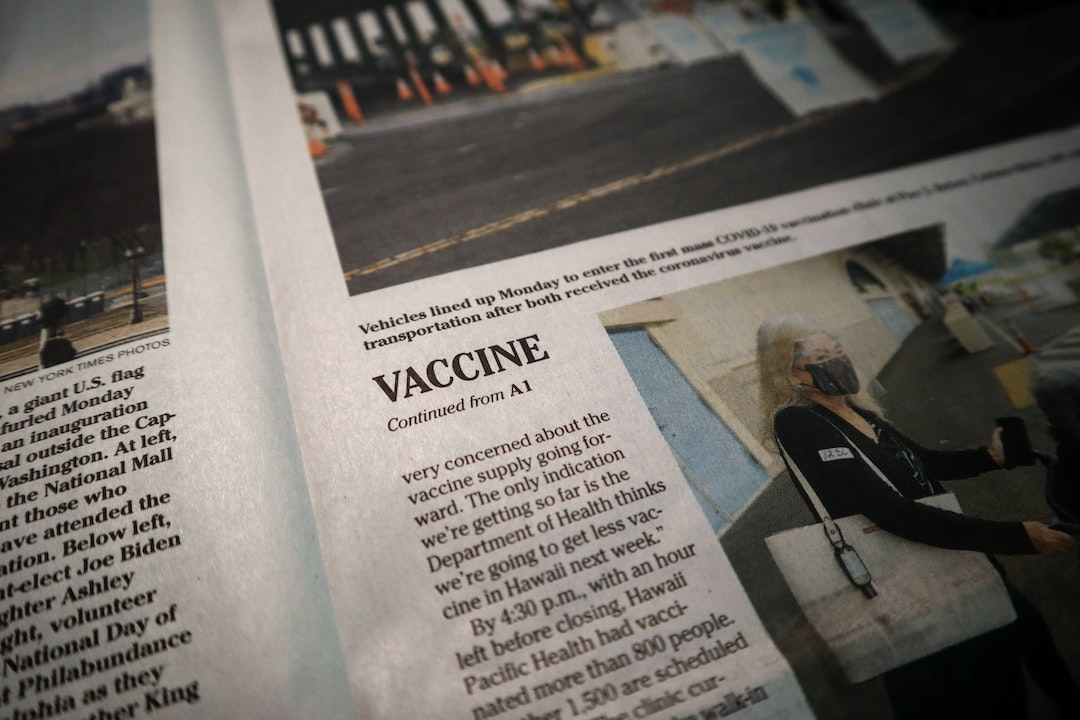Exploring the Rise of Fake News and its Detrimental Effects on Democratic Societies
In recent years, we have witnessed a concerning increase in the spread of fake news. This phenomenon has permeated through our democratic societies, posing significant challenges and potentially causing irreparable harm to our very foundations. Fake news has become a tool for manipulating public opinion, eroding trust in institutions, and sowing division among communities. It is essential to explore the roots of this rise, understand its implications, and devise effective measures to combat it.
The ease of sharing information on various platforms, primarily social media, has provided a fertile ground for the rapid dissemination of fake news. More often than not, the veracity of information is overlooked in favor of sensationalism and viral potential. In the race for clicks, media outlets and individuals may compromise accuracy, jeopardizing the credibility of legitimate reporting and allowing misinformation to flourish.
This proliferation of fake news can have detrimental effects on democratic societies. First and foremost, it distorts the collective understanding of reality. When individuals are constantly exposed to false or misleading information, it becomes difficult to discern fact from fiction. This confusion can undermine the democratic process, as citizens make decisions based on inaccurate or incomplete information. In a democracy, an informed electorate is crucial, and fake news undermines this requisite, compromising governance and public policy outcomes.
Moreover, fake news threatens social cohesion, as it often plays on pre-existing biases and prejudices. By presenting information that aligns with our beliefs and values, fake news creates echo chambers and polarizes society, perpetuating divisions. These divisions hinder meaningful dialogue, fueling animosity between different groups and undermining social harmony. A society fragmented by fake news paves the way for the erosion of democratic principles, as cooperation and compromise are undermined.
The effects of fake news are also evident in electoral processes. In recent years, several high-profile elections worldwide have been marred by the spread of misinformation. Manipulation through fake news can sway voter opinions, influencing election outcomes. The amplification of falsehoods and fabricated narratives can be a powerful tool in shaping public perception, potentially undermining the legitimacy of the democratic process itself.
Addressing the rise of fake news requires a multi-faceted approach. Media literacy must be prioritized, equipping citizens with the necessary skills to critically evaluate information. Educational institutions should incorporate media literacy into their curricula, teaching students how to distinguish reliable sources from fake news, fostering a culture that values evidence-based reporting and fact-checking.
Technological solutions also play a crucial role in the fight against fake news. Social media platforms must take responsibility for the content they host, implementing robust fact-checking mechanisms and algorithms to identify and flag potential fake news. Collaborating with reputable fact-checking organizations and integrating their findings can assist in reducing the reach and impact of misinformation.
Additionally, governments have a role to play in the regulation of fake news. While it is important to safeguard freedom of speech, measures can be put in place to prevent the spread of deliberate falsehoods under the guise of news. Authorities can establish clear guidelines and penalties for the dissemination of fake news, deterring those who seek to manipulate public opinion.
In conclusion, the rise of fake news presents a significant threat to democratic societies. Its detrimental effects include distorting reality, eroding trust in institutions, fueling divisions, and influencing electoral outcomes. Addressing this issue requires a multi-pronged approach, encompassing media literacy education, technological innovations, and government regulation. By promoting critical thinking, holding platforms accountable, and establishing legal frameworks, we can protect the integrity of democratic societies and preserve the values upon which they are built. Only through collective efforts can we overcome the challenges posed by fake news and safeguard the health and vitality of our democracies.


